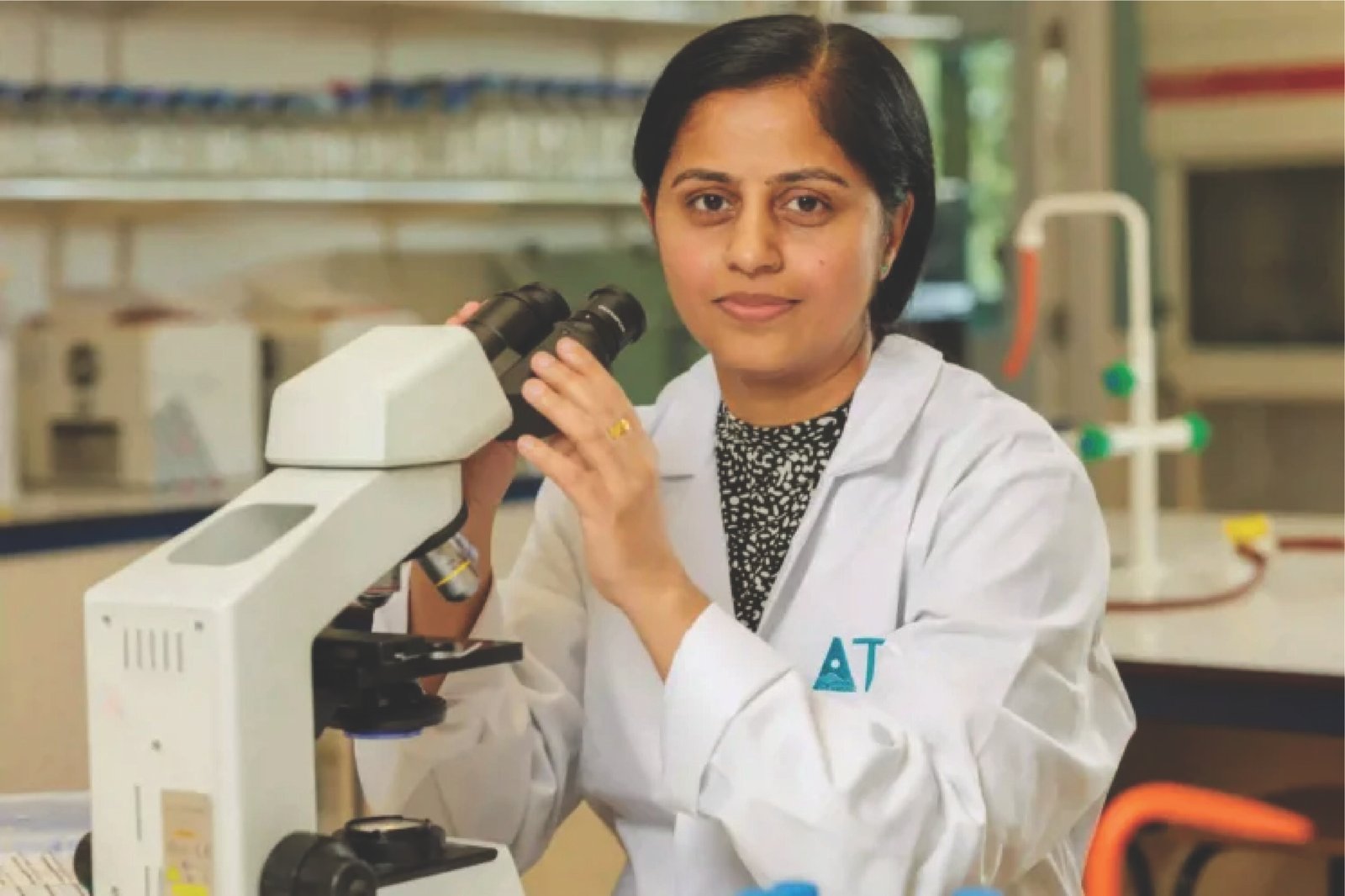
Researchers at Atlantic Technological University have developed a new method for directly 3D printing functional polymer materials onto stretchable textiles, enabling durable, washable, and self powered wearable electronics for real world applications. The innovation, led by Dr Aswathy Babu and supervised by Prof Suresh C Pillai, overcomes long standing challenges with polymer textile integration by achieving strong adhesion and high performance without adhesives or complex processes.
The project, carried out in collaboration with the University of Glasgow, Heriot Watt University, PEM Technology Gateway Centre, and I Form at University College Dublin, focuses on creating textile based triboelectric nanogenerators capable of converting mechanical motion into usable electrical energy. Using low cost fused filament fabrication 3D printing, polypropylene was deposited onto conductive fabrics, resulting in robust, finely patterned surfaces with exceptional triboelectric performance.
The devices can power small electronics and enable IoT based touch sensing, making them ideal for health monitoring, environmental sensing, and smart wearable applications. This research, published in Nano Energy in June 2025, is part of a €1.5 million collaborative project funded by Research Ireland and the UK Engineering and Physical Sciences Research Council.
ATU President Dr Orla Flynn praised the team for their dedication to applied science and innovation, highlighting the potential of the technology to transform wearable electronics through sustainable, scalable, and customisable designs.
Source: Atlantic Technological University




